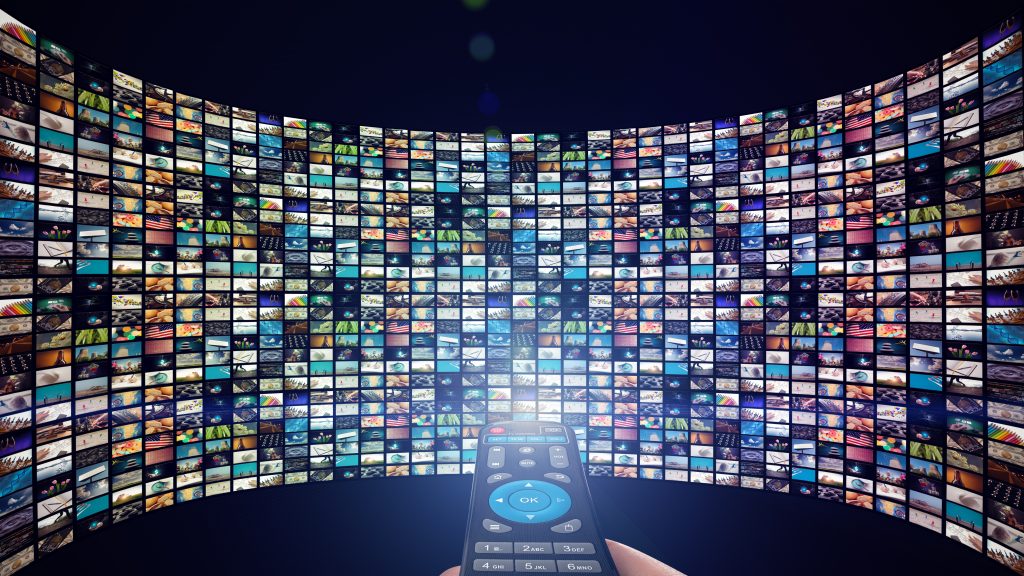3 mins read
September 8, 2023
Introduction
Artificial Intelligence (AI) has made significant strides in various fields, and the world of music creation and composition is no exception. AI’s influence on music has been transformative, offering new possibilities and challenging traditional notions of creativity. In this informative piece, we will explore the role of AI in music creation, its capabilities, limitations, and its impact on artists and the music industry.
- AI-Generated Music
AI-generated music involves the use of algorithms and machine learning techniques to compose, arrange, and produce music. These algorithms can analyze vast amounts of musical data, learn from it, and generate original compositions in various styles and genres. AI can create both instrumental and lyrical music, and its compositions have become increasingly sophisticated over the years.
- Music Recommendations and Personalization
One of the most visible ways AI affects music is through recommendation systems. Platforms like Spotify and Apple Music use AI to analyze your listening habits and suggest songs and artists you might enjoy. This enhances the music listening experience by introducing listeners to new tracks and genres they might not have discovered otherwise.
- AI-Enhanced Music Production
AI tools are now integrated into music production software, helping artists and producers create and arrange music more efficiently. AI can assist in tasks such as beat making, vocal tuning, and even suggesting chord progressions or instrument choices based on a given theme or style. This not only speeds up the creative process but also opens doors to experimentation.
- Assistance to Musicians
AI-powered virtual assistants like Amper Music and AIVA help musicians by providing instant accompaniments or suggesting chord progressions, melodies, and harmonies. This kind of assistance can be invaluable for artists looking to overcome creative blocks or explore new musical directions.
- Generative Music
Generative music, created by AI, is a unique form of composition. Algorithms can generate endless variations of a musical piece based on certain parameters, making it ideal for background music in video games, films, and other multimedia applications. This type of music can create immersive and dynamic experiences.
- Limitations of AI in Music Composition
While AI has made significant strides in music creation, it still has its limitations. AI lacks true creativity and emotional depth. It can analyze patterns and create music based on data, but it cannot replicate the depth of human emotions and experiences that often inspire music.
- Copyright and Authenticity
The use of AI in music has raised important questions about copyright and authenticity. Who owns the rights to music generated by AI? Can AI compositions truly be considered art? These are legal and philosophical issues that the music industry is still grappling with.
- AI as a Collaborative Tool
AI is increasingly being used as a collaborative tool by musicians rather than a replacement for them. Many artists now see AI as a way to augment their creativity and explore new musical horizons. They use AI-generated ideas as starting points, adding their human touch to create unique compositions.
- Impact on the Music Industry
AI has disrupted the music industry in several ways. It has democratized music production, allowing independent artists to create high-quality music without the need for extensive resources. It has also raised questions about the future role of musicians and producers, as AI can automate certain aspects of music creation.
- Ethical Considerations
The use of AI in music raises ethical concerns, especially in the context of deepfake technology. AI can replicate voices and styles of famous artists, potentially leading to issues of misattribution or the creation of music that a deceased artist never intended to release. These ethical dilemmas will need to be addressed as AI continues to advance in the music industry.
Conclusion
AI’s role in music creation and composition is evolving rapidly, reshaping how music is made, discovered, and enjoyed. It has opened up new avenues for creativity, personalization, and efficiency in the music industry. Musicians and composers are increasingly embracing AI as a valuable tool for inspiration and collaboration. However, it also presents challenges related to authenticity, copyright, and ethical considerations. As AI technology continues to progress, musicians, industry professionals, and society at large will need to navigate these complexities to harness the full potential of AI in music while preserving the integrity of the art form. The future of music is likely to be a harmonious collaboration between human creativity and artificial intelligence.



